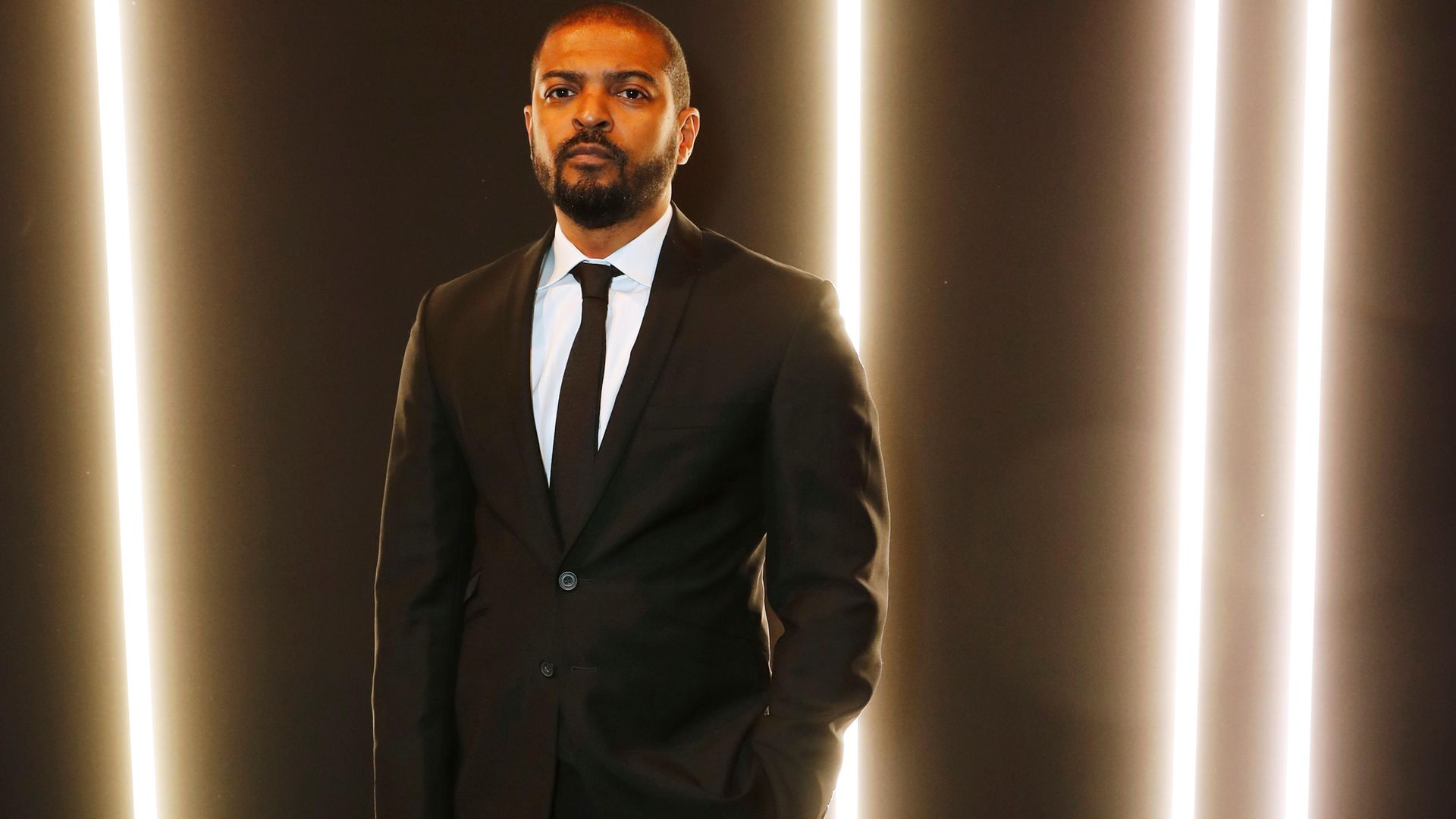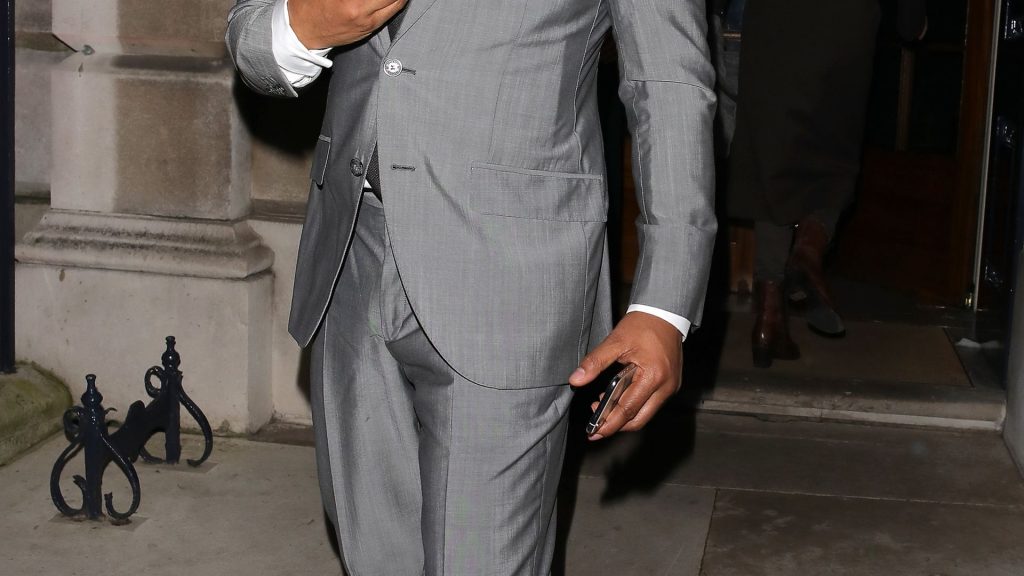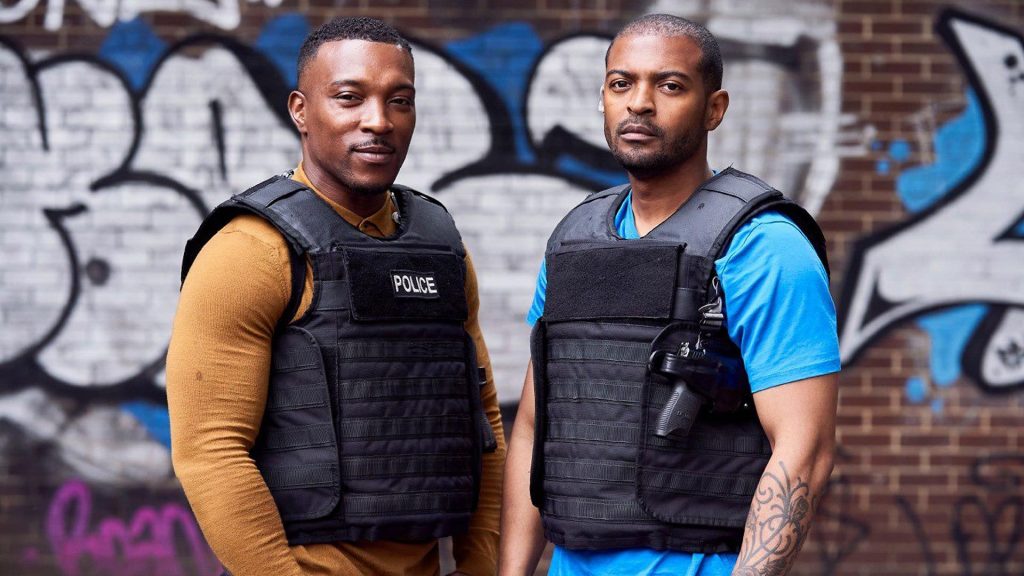
Jason Solomons has known Noel Clarke for 15 years and admired his refusal to be denied by the British film industry. But that was before the allegations that have left his career, and BAFTA’s reputation, in tatters…
Whichever way you look at it, the Noel Clarke allegations are disastrous for British cinema.
It’s a story that unticks all the boxes, setting back hard-earned, hard-fought progress on the merits of diversity and inclusion by at least 20 years and it has brought into question the judgment of British film’s most prestigious and internationally-known awards body, BAFTA.
BAFTA awarded Clarke the Outstanding British Contribution to Cinema at its televised ceremony on April 10, an honour it immediately withdrew when, just 19 days later, the Guardian published allegations of bullying, groping and sexual harassment made against Clarke by the testimonies of over 20 women who had come forward.
The allegations make for sobering, chastening, appalling reading with stories of lewd language, secretly filming actresses in “naked auditions” and abusive internet bullying.
The reaction around a stunned industry has been one of dismay and disappointment, mixed with anger. Sky, with whom Clarke made the hit cop show Bulletproof, immediately cut ties with the star. The final instalment of the ITV thriller series Viewpoint was withheld from its scheduled prime time slot and screened on a digital-only platform for any viewers still eager to see what happened – or indeed still ignorant of the stories about Clarke.
I think everyone feels let down and crestfallen.
Except, of course, the women who have made themselves heard. And perhaps many other women who have not yet had the courage to do so and may have grievances against Clarke.
So, how could this happen? How did BAFTA, after a year of soul-searching since the embarrassment of an all-white nominee roster at their 2020 awards, become so fixated on rewarding a diversity of talent that it failed to scrutinise the human individuals in question?

Let’s remember, awarding Clarke one of its highest possible accolades was always a brave gesture. We all knew that. I’m a BAFTA member and I’ve known Noel Clarke well for nearly 15 years. He was a guest on my podcast last month and I conducted an in-depth career retrospective with Noel in front of a large audience of media students at Nottingham Trent University’s Confetti programme in March, indeed on the very day BAFTA proudly revealed its admirably diverse list of nominations for its 2021 awards (the announcement of Noel himself as recipient of the OBCC award didn’t happen until a few weeks later). Clarke was happy with that list of nominees and happily took some credit for having been a trailblazer for black British talent.
I was even in a Zoom meeting with Clarke last summer, one of many convened by the BAFTA hierarchy as they sought opinion among members and experts, about how we could change the voting and viewing processes to better focus voter consideration on minority talents. The meetings took place against the heightened tensions following the George Floyd killing and the subsequent spread of the Black Lives Matter movement. So while protestors in Bristol were hurling a slavers’ statue into the water and footballers everywhere were taking the knee, BAFTA also made decisions to better reflect the new mood of racial enlightenment.
Clarke was combative and angry in that meeting, as any black man in the world had a right to be – especially when talking to a bunch of middle class liberals from journalism, PR and the British film industry. Only BAFTA’s new chair, Krishnendu Majumdar, could be described as a “person of colour” or BAME or whatever the (in)correct nomenclature of that particular week might have been. Krish is indeed BAFTA’s first chair from a minority background and, in his first year, undertook a long and often painful process of reckoning with how the organisation he now chaired was perceived and how its – embarrassingly few – minority members felt about it. Clarke, as a past BAFTA winner and several times a juror, was very much part of that diversity drive and was being listened to.
However, Clarke chose this particular meeting, to rail against how he’d been pictured in the press, levelling comments about racist coverage of his film career at several journalists, none of whom was present. Clarke’s point was, of course, to illustrate the pernicious effects of lazy stereotyping and bias that comes in much reporting on black success and, in particular, black failure.
Several press colleagues who were on that Zoom mailed me afterwards, knowing my long-standing relationship with Noel and given that he’d singled me out in the meeting as someone who’d always supported him and understood what he was trying to do. They expressed shock at his aggressive behaviour which they’d perceived as threatening or bullying or, at the very least, inappropriate for such a meeting.
I was tempted to reply with something like: “That’s just Noel, you know.” He’s been fighting this stuff all his life, never getting funding from the establishment bastions of British cinema (BBC Film, Film 4, BFI, the Film Council, Screen England, Film London) yet forging a career as both actor, director and producer, a sort of one-man black British film industry. And now, here was that establishment trying to listen to him in order that they might look a bit better to the world and feel a bit better about themselves when the next awards came around.
You can understand his frustration, even his outrage, surely? I certainly could. Having won the BAFTA Rising Star award in 2009, Clarke felt little support from them thereafter (although he would also admit that victory was a big help to him in landing such acting gigs as Star Trek for JJ Abrams).
The BAFTA bosses who a few months later would decide to bestow the OBCC award on Noel Clarke were all present at that meeting and sat by, as uncomfortable in their Zoom squares as all of us, but smiled on benignly while Clarke unleashed his tirade. This, after all, was what they wanted, no? Honest, heartfelt, uncomfortable truths coming from a source too often ignored. This was exactly the sort of ‘outstanding contribution’ Noel was capable of, more than many who would sit more quietly and not care to rock the boat.
Did BAFTA know what they were letting themselves in for? No way. Could I have told them Noel was a sexual predator and a bully? No way. I knew he was outspoken and spoke differently because he’s a working class black boy from the west London streets. But that’s why they wanted, right? And they wanted to acknowledge that achievement, particularly as Noel’s films had proven popular, not with critics or BAFTA members, but with young viewers. In short, BAFTA thought they were being cool.
When I was preparing my career chat with Noel, I had to look over some clips of his work, to illustrate certain movies at points of his career. It was hard to find anything from Kidulthood and Adulthood that wasn’t misogynistic, or violent, or threatening, or vengeful. During the talk, Clarke himself registered a certain contrition about a particular clip that we did show, of his character threatening a female character with extreme violence. “I would never make that scene now,” he said.
I’ve been with Noel many times at film events, on film juries and shared many hours with him discussing the British film industry over coffees and I’ve been present and nearby during some of those meetings and interviews at London private members’ club Soho House that are mentioned in the Guardian articles. I’ve never seen him drink or do drugs or insult a woman – the very worst I can level at him is a wink or a nudge about a certain “hot” actress who we were discussing, an act of sexual objectification which I can level at most of my male friends, and probably myself. And probably you.
I didn’t know about Noel’s “naked auditions”. I did know he was a bit of a lad and that he was a young man with ambition and drive and vision and who also liked a few parties and a dance. I didn’t know about threatening sexual behaviour, groping, or whom Noel slept with or flirted with. I’ve never witnessed it and hadn’t really heard about it, although I knew plenty of people in the industry who found him difficult or thought he was “a bit of a dick”, because, well, film producers and actors for whom the establishment doors don’t open with a deferential bow, need to be difficult and need to hammer those barriers down.
Obviously, I can’t stand by Noel now. He’s been a bad man and I don’t like my friends behaving like that. It makes having supported his films, even when none of them are of high artistic value, feel like a wrong decision. But I always admired their energy and their sense of their own audience, especially Kidulthood which gave voice to a generation and a demographic that British cinema quite happily and quite stupidly would have avoided.
And yes, I applauded BAFTA’s decision to give the OBCC award to Noel Clarke, the first-ever black recipient since it began in 1979, over 40 years ago. I was proud of him and proud of them and their best intentions.

But what a mess it has been. Black communities will accuse the establishment of cutting down a prominent black success story, which will be so crushing for Majumdar in his first year as Chairman when he was trying, with heartfelt sincerity and plenty of heartache and tears, to achieve exactly the opposite.
The mess piles high, the strands of race, class, institutional ignorance, charges for and against ‘woke’ decision-making, claims of gender bias and deafness to women’s complaints, a trial by media in which most people will say: well, 26 women can’t all be wrong and now a young British black man’s career lies in tatters. Surely nobody can celebrate that?
It’s a hideous mess. If Noel asks me to defend him, I can’t. I can’t even say, as fans usually do that, oh, his films are of such high moral standard or artistic merit that he should be excused the odd indiscretion. Noel Clarke’s films aren’t the point. His work, however, was tireless and passionate and energetic and he would not take repeated No for an answer, something which even BAFTA felt compelled to acknowledge in a bid to change their own dull landscape.
But there is a No that Noel will have to take for an answer. Because, No, none of the accusations aired by the women in the Guardian pieces constitutes acceptable behaviour, even if some of that behaviour is commonplace, in or out of the industry.
But BAFTA were trying to reward him for perseverance. No way was this award about moral integrity or even high artistic achievement. Noel’s work has never claimed to reach for those things. The guy just wanted to work and get films made and recognising that was a generous and brave new step for BAFTA in re-coding our perceived and received notions of good and bad, or excellence. And those intentions remain. Much of what Noel shouted about and stood for was right and deserved recognition and all of that must still stand. This was not intended to be an award for humanitarian work, or immaculate behaviour, this was about someone who made a mark in British cinema against all the odds that same institution threw across his path.
But you can’t treat women or indeed anyone with disrespect or disdain and expect to get awards for that. Nor can you still be my mate.
BAFTA tried to be cool, but harassment and bullying aren’t cool, sexual predation isn’t cool, same as institutionalised racism isn’t cool. We shouldn’t forget what Noel did achieve that, on the surface, was good enough to force BAFTA into recognising. That would be disastrous for aspiring filmmakers and artists – nor should we ever forget the example being made of him for egregious male toxicity, much of which he didn’t even recognise. Same as the many people to whom Noel has pointed out their own ingrained, unconscious racism, he too needs his own ingrained, male ego and sexual posturing pointing out. It should have been pointed out to him, of course, many times without needing two days of damning expose in a national newspaper.
In the way the liberal white establishment of British film is trying to learn and listen, Clarke must listen and learn too. Does he deserve a second chance and will there be anyone willing to offer him one? Some of that depends on the criminality of his offences, if he is brought to trial or if even more allegations emerge. I can understand if the many women aggressed and offended by his behaviour never want to see his name again, particularly in any context where he’s being lauded. Yet I also suspect his future destiny is very much up to Clarke himself – as it has been throughout his whole career.
From what I know of him, he will fight back and I think he’ll be able to turn his energies to work for the good. I hope so but it requires a level of thought and humility he’s never demonstrated in his work but of which I believe he’s capable in life. And, through the current howls of anguish, the British film industry will eventually have to show similar generosity if anything is to be retrieved from this monumental mess.










